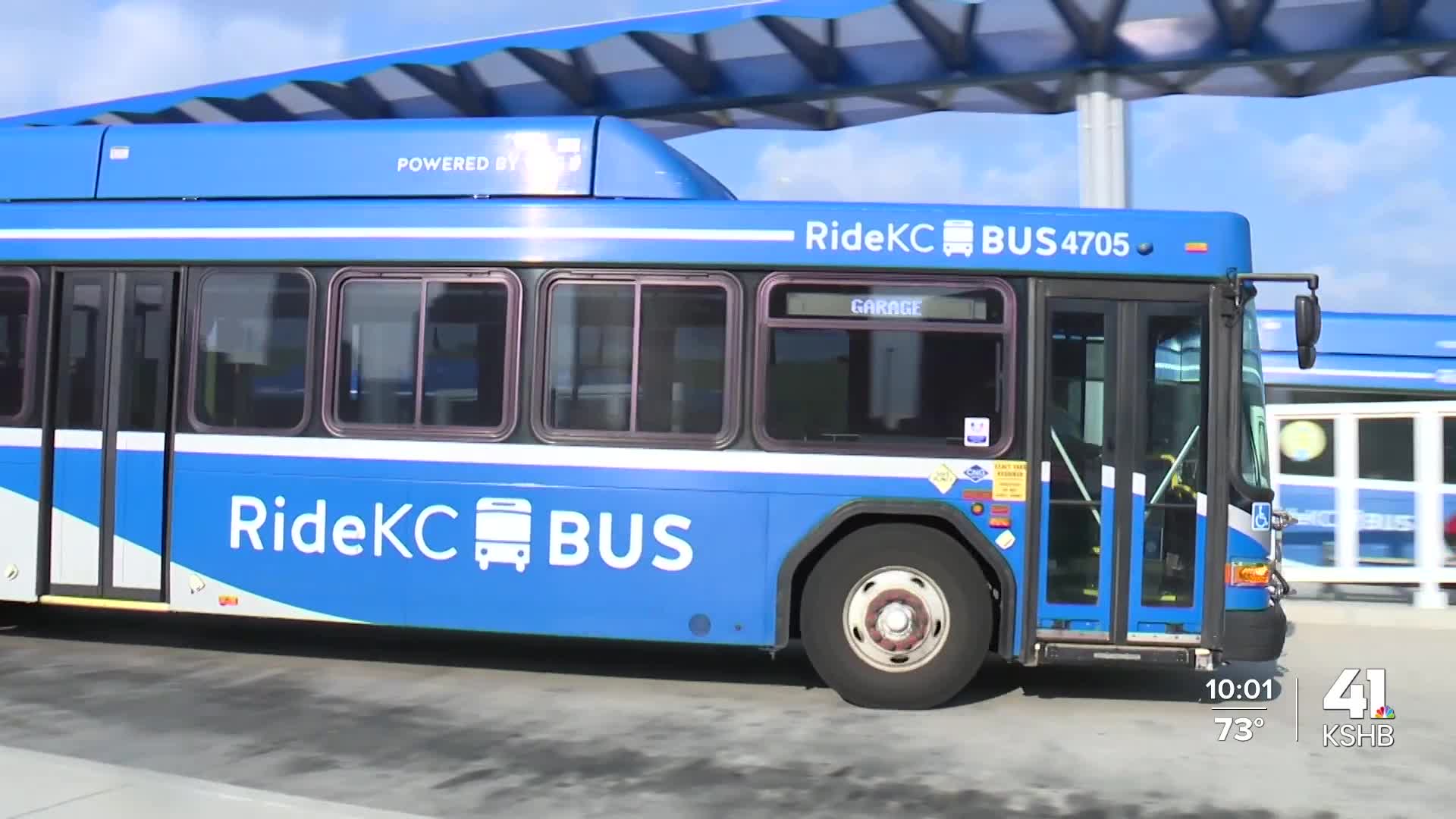KSHB 41 reporter Isabella Ledonne covers issues surrounding government accountability, solutions and consumer advocacy. Share your story with Isabella.
Public transit in Kansas City, Missouri, needs millions of dollars to keep the buses running. If the KCATA and the city can't agree on contract terms soon, funding for buses will end on August 15th.
The Kansas City, Missouri, City Council rejected an ordinance on Thursday that would have given the KCATA $77.8 million to keep the buses running with a 12-month contract extension.
This isn't the first time the KCATA has faced a budget shortfall.
The agency was granted $46 million dollars in an ordinance three months ago that would have extended service by six months.
Thursday's ordinance would have replaced the May ordinance.
The $46 million in the ordinance was a short-term solution to keep the buses running until October. But on Thursday, KSHB 41 News learned the transit authority didn't accept that money because transit leaders say it came with too many regulations from the city.
Now, there's no money going to the buses, and the clock is ticking for transit and city leaders to figure out a solution.

"I don't want to keep going forward with an unsustainable plan," Kansas City councilman Kevin O'Neill said.
Thursday's special session and council meeting didn't end with an agreement. Instead, there was another promise from the KCATA and the city to figure out a contract before August 15th.

"I look forward to learning more from the KCATA about what it is they were trying to accomplish," Mayor Quinton Lucas said. "Hopefully, we'll all be able to move in a positive direction moving forward."
But in order to move forward, the KCATA will have to agree to the accountability measures from the city that come with the millions of dollars in funding.
"We put in performance metrics to make sure buses are arriving on time and making sure that they're getting funding support from other cities in our region," Mayor Lucas said. "What we heard today [from the KCATA] was the contract was unfair. I don't think that was an unfair position by Kansas City."
KCATA leaders argued that the contract attached to the original $46 million came with too many regulations that were unattainable under current operating conditions.

"This was really a one-sided agreement, a one-sided contract," KCATA Board Commissioner Bridgette Williams said.
Thursday's proposed ordinance would have addressed some of the measures the KCATA was concerned with, mainly a 12-month contract extension instead of six months, but that was shot down by council.
"When we passed this in May, I don't think any of us foresaw this long of a contract impasse," Mayor Lucas said.
Without agreeing to the city's terms, the transit authority won't get any money to fund the buses. But without making any compromises, the city risks losing bus services within the month.

"If there are things that we need to take out and strike, we can do that," Councilwoman Melissa Patterson Hazley said. "We just need to know what they are, and I don't know what they are because it's never been told to me."
KCATA President and CEO Frank White III said he expects to reach an agreement with the city.
"We'll get it done," he said. "If we got to work for the next week straight, it's going to get done."
The city and the KCATA are headed back to the drawing board to work through the impasse.

"We're going to be taking back [the board's] concerns to the staff of the city to get this addressed," White III said.
But at the end of the day, it's the riders who are most concerned if the buses are not funded.

"That's going to make a lot of people mad," Levi Lee, a bus rider, said. "A lot of people are going to lose their jobs because sometimes the buses are their main transportation to work."
Right now, cuts to bus service have not been confirmed. But the current funding goes until August 15th before the KCATA has to start using its reserve funds.
"[Cuts aren't] going to happen because people depend on our service," White III said. "We're not going to make them suffer because we can't come to an agreement, so if we have to work 24 hours, 48 or 72 hours, we're going to get it done."
The KCATA is expected to have a special meeting on funding issues next week.



